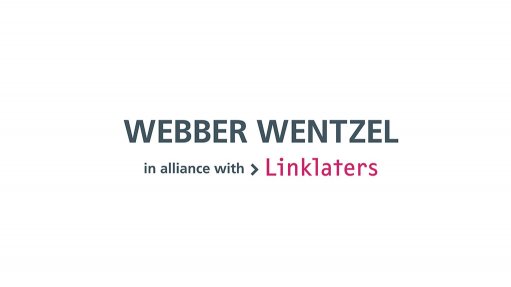
The Minister of Employment & Labour has published for comment a Draft Code of Practice on the Prevention and Elimination of Violence and Harassment in the World of Work (Code). The Code applies to all sectors (both public and private) in the formal and informal economy. The Code applies broadly to: employers, employees and other persons engaged in work (irrespective of contractual status); and incidents that occur at the workplace and those that occur during the course of, linked with or arising out of work (for example, work-related travel, training and social events or at employer-provided accommodation). Interested parties have until 19 October 2020 to submit comments on the Code.
The Code seeks to:
Violence and harassment as a form of unfair discrimination
The Code regards violence and harassment in the workplace as a form of unfair discrimination. Violence and harassment includes physical abuse, psychological abuse, emotional abuse and sexual abuse. It also includes the use of physical force or power (threatened or actual) against oneself, another person or against a group or community that either results in (or has a high likelihood of resulting in) injury, death, physical and psychological harm, mal-development or deprivation. The Code therefore recognises three broad categories of violence:
The main forms of violence and harassment listed in the Code are:
- Sexual violence and harassment;
- Racial, ethnic and social origin violence and harassment;
- Workplace bullying; and
- Violence and harassment on account of a protected disclosure.
The Code specifically applies to the following categories of people in the workplace:
Guiding principles for employers
The Code provides seven guiding principles for employers to guide their internal strategies in preventing and eliminating violence and harassment at work:
- Workplaces should be free from violence and harassment;
- Working environments should be safe and without risk to the health (including physical and psychological health) of employees;
- Workplace cultures should be created where complainants (and other affected persons) can report violence and harassment without fear of reprisal and with the assurance that complaints will not be trivialised or ignored;
- Individuals at the workplace must proactively refrain from committing any acts of violence and harassment;
- Individuals at the workplace all have a role to play in creating an environment where violence and harassment is seen as unacceptable;
- Employers, employees, employer organisations and trade unions should ensure that all persons who have dealings with the employer (e.g. clients, suppliers and job applicants) are not subjected to violence and harassment; and
- Appropriate action should be taken where instances of violence and harassment occur at the workplace.
Practical steps for employers
The Code requires employers to implement certain measures to eliminate and prevent violence and harassment in the workplace, including:
- training for employees in the form of implementing prevention and awareness programmes;
- treatment, care and support measures to assist victims;
- privacy and consent measures; and
- policies and procedures to manage incidents.
Employers are obligated to investigate complaints related to violence and harassment in the workplace. Employers who fail to do so may be held liable for damages under section 60 of the EEA.
Foundations of the Code
The Code is informed by conventions adopted by the International Labour Organisation read together with South African legislation, including:
Written By Dhevarsha Ramjettan, a Partner, Shane Johnson, a Professional Support Lawyer and Mbali Nkosi, an Associate at Webber Wentzel